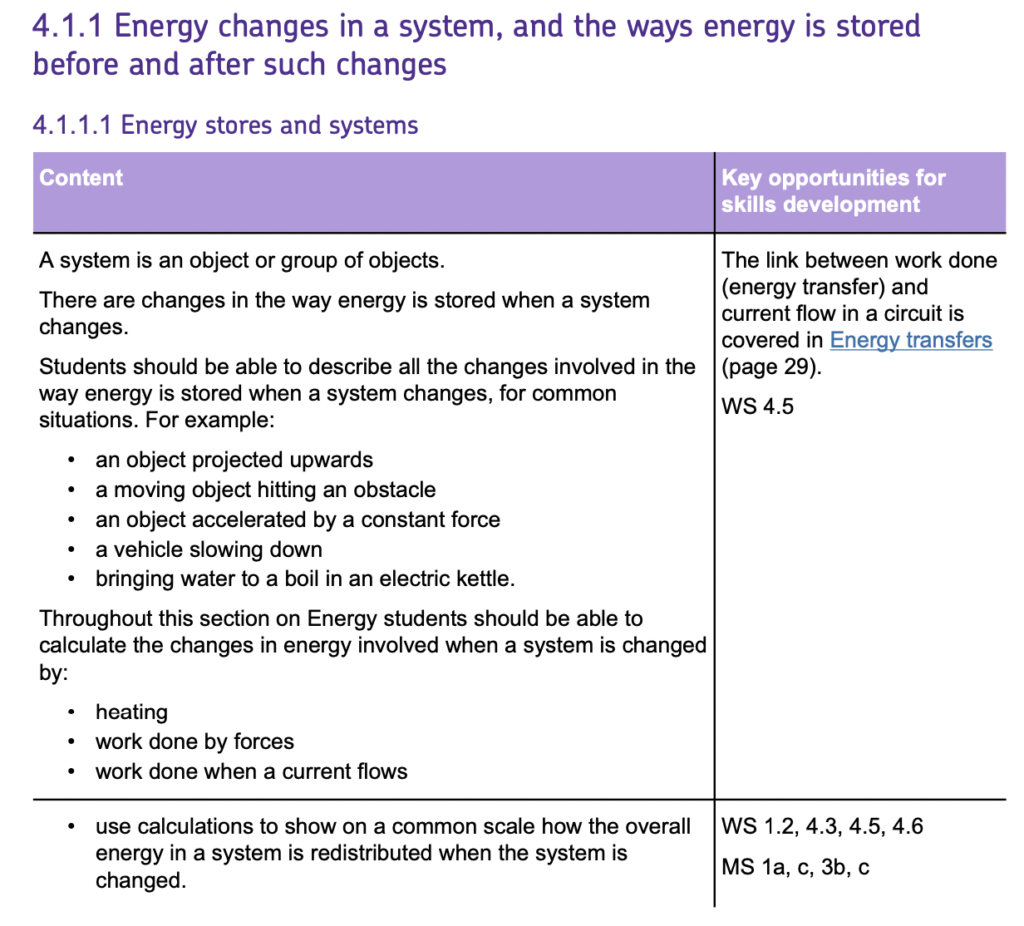learnwithaisyah
Planning for your big day!
It’s the effort that counts. The big day may seem daunting—you have a lot to catch up on, and you might feel lost in class. No matter how much you read, the concepts just don’t seem to stick, making it difficult to tackle exam-style questions.

Don’t worry—this phenomenon is common among exam candidates. Take a look at the pass rates for STEM subjects: about 30% of students achieved an A grade, with chemistry having the highest pass rate. According to The Guardian, 37.1% of A-level exams taken in 2024 were STEM-related. Unlike GCSE Science, which is mandatory for all students, these three A-level subjects are typically chosen by students with a genuine aptitude and interest in the field.
| Subject | A* | A or above | C or above | E or above |
|---|---|---|---|---|
| Chemistry | 9.8% | 32.7% | 73.5% | 95.6% |
| Physics | 11.3% | 31.9% | 69.7% | 95.3% |
| Biology | 9.1% | 27.7% | 69.8% | 95.5% |
But here’s the good news: you still have time. No matter how difficult a task seems, breaking it down into smaller, manageable sections makes it possible. Trust me, you can do this.
How to Start
Your two years of college are solely to prepare for your exams. Remember, your school, teachers, and parents are there to help—they’re your free, default resources. But at the end of the day, you are the one sitting the exam. First, identify exactly what exam you’ll be taking in two years. Show initiative—don’t wait for teachers to introduce everything. Most information is just a Google search away.
What exam board are you sitting? How many papers per subject? What’s the structure of the exam? Are you doing the Foundation or Higher Tier?
You can easily find this information. For example, if you’re studying Physics under AQA, search for “AQA Physics specification.” It’s a good idea to print it out—it can become your “holy grail” for revision. Use it well, and even your teacher might be impressed!
Next Step: Plan!
How much time do you have left? Start as early as possible. You’ll need to go through all the content, and for A-levels, topics build on each other, so it’s important to take your time. Highlight what you don’t understand, ask questions, watch YouTube tutorials—you’ll get there eventually.
In AQA Physics specification, for example, the left-hand column lists the content that will be covered in exams. The right-hand column highlights opportunities for developing certain skills: WS (Working Scientifically), MS (Mathematical Skills), and AT (Apparatus and Techniques). GCSE-level maths is sufficient to tackle the mathematical requirements.

The AQA Physics syllabus covers eight main topics:
- Energy
- Electricity
- Particle model of matter
- Atomic structure
- Forces
- Waves
- Magnetism and electromagnetism
- Space physics
Aim to revise one topic per week, which means you’ll need eight weeks. This is the ideal scenario—realistically, you may need more time, especially with other subjects demanding your attention. For each topic, focus on:
- Key definitions and formulas
- Core concepts (including WS and MS skills)
- Diagrams you might need to draw
- Applying concepts to questions
- Practical experiments (important for Paper 3)
Highlight anything you don’t understand and ask for help. Keep all your revision notes safe, as you don’t want to keep rewriting them. You’re in charge—organize your study method as you see fit!
Next Step: Practice Exam Questions
Physics is all about application. Once you grasp a concept, test your understanding by doing exam-style questions. Right after finishing your revision, search online for questions on that topic—there are plenty of free resources, personally I use savemyexams. Try to solve 10-20 questions while the material is still fresh in your mind. Refer to your notes and update them if you learn something new. The more questions you tackle, the better you’ll understand how exams usually focus on specific concepts.
Final Step: Combine Everything
Once you’ve covered all the topics and done practice questions, it’s time to bring it all together. Print past papers (or complete them online) and start working through them. For the first five papers, feel free to use your notes. For the next five, challenge yourself to complete them from memory. By this stage, you’re likely on track for an A. You’re confident, you understand the subtopics, and now it’s just a matter of memorizing and fine-tuning.
Finally, it’s time for the exam itself. You’re nearly there! Ensure you’ve had a good night’s sleep, bring your notes for some last-minute definition quizzes, and stay relaxed. You’ve done the hard work—now it’s time to let the magic happen.
Ready to boost your grades and build confidence in Physics and Chemistry?
Book your first session with learnwithaisyah today and start your journey to academic success!
GET IN TOUCH
Contact us!
- hello@learnwithaisyah.com
- +447826054301